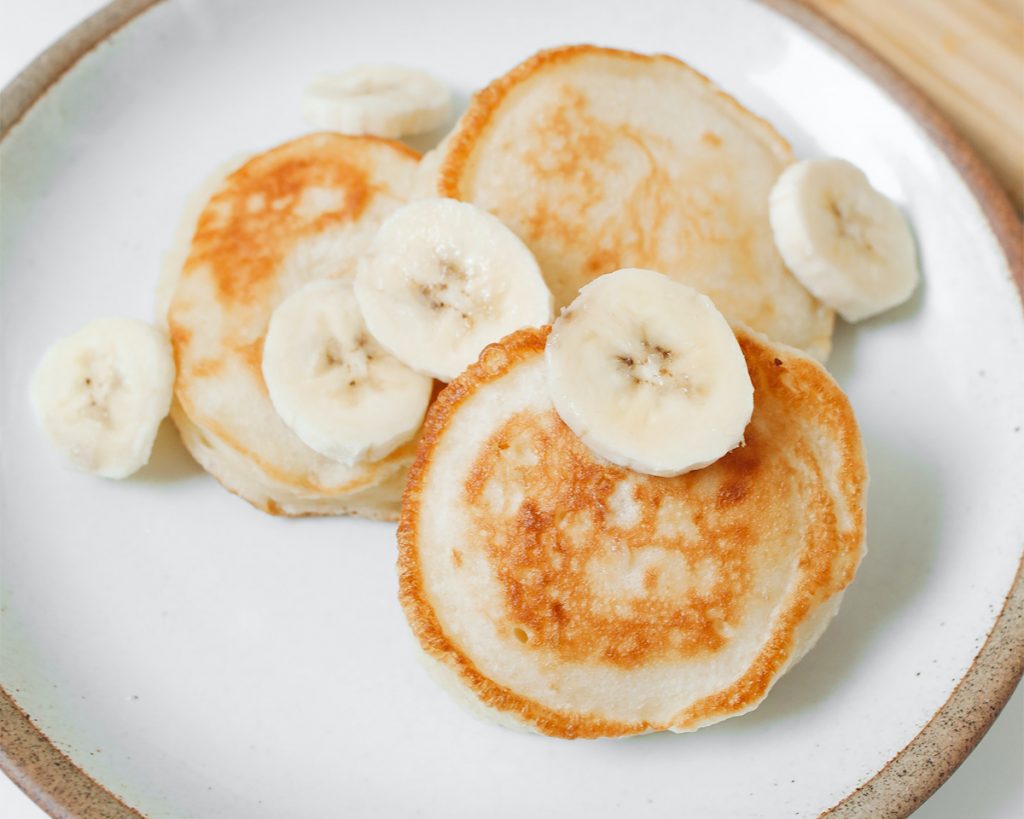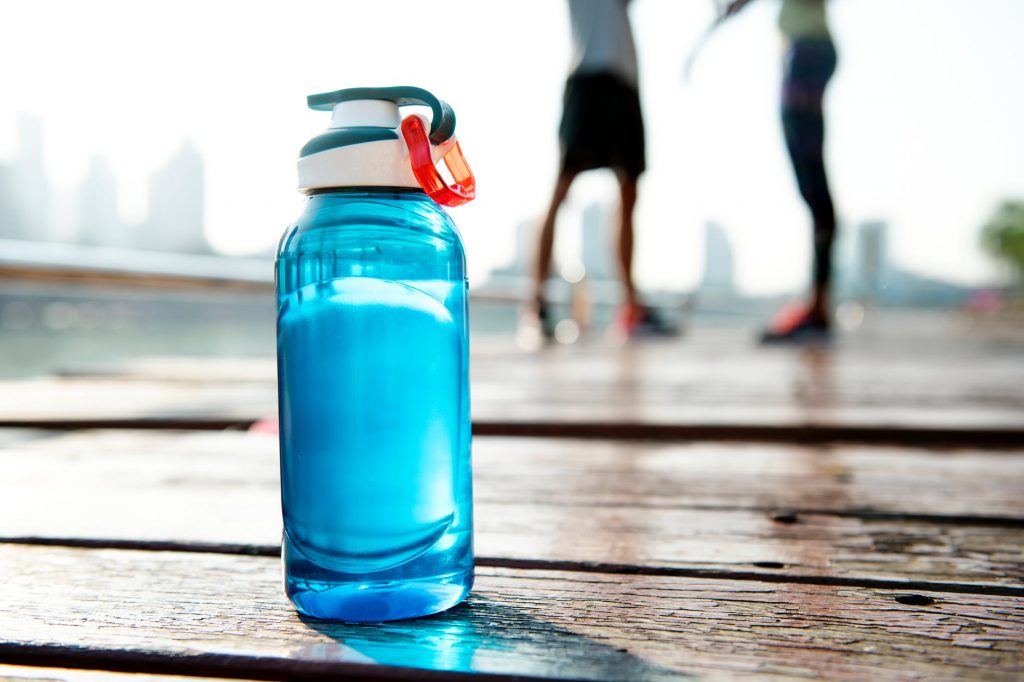Most athletes love to win! Many factors impact your ability to perform at your best. Some factors are out of your control, such as heat, humidity, wind, altitude, terrain or playing surface, as well as the time of the event, amount of time between events, and perhaps jet lag. But nutritional factors are in your control, including what, when, and how much you eat. Simply put, to perform at your best, you need to know how to eat well enough to fight fatigue and be strong to the finish.
To address the how to eat to perform at your best issue, I looked to the highly respected sports nutritionist Louise Burke PhD. researcher at Australian Catholic University in Melbourne. Here are some key points from her journal article, Nutritional approaches to counter performance constraints in high-level sports competition. This information might inspire you to consult with a registered dietitian/ board-certified specialist in sports dietetics (RD CSSD) who can help you optimize your sports diet.
Eating
• Carbohydrate is a fundamental source of energy for your muscles. It is stored in your muscles as glycogen. Glycogen depletion (“hitting the wall”) is linked with fatigue.
• Carbohydrate is also a fundamental fuel for your brain. Carbohydrate in the blood, known as blood glucose, fuels the brain so it can focus on—and respond quickly to—the task at hand. To optimize athletic performance, you want to maintain adequate blood glucose levels during exercise, as well as start intense exercise with fully loaded muscle glycogen stores.

• Blood glucose gets supplied from your liver as well as from the banana, toast or other form of sugar or starch (carb) you eat before and/or during exercise. Some athletes avoid pre- and during-exercise carbs, fearing it will create intestinal distress. The better path is to train you gut to tolerate foods and fluids. By experimenting during exercise sessions with a variety of carbs (dried pineapple, granola bar, diluted juice) and/or a variety of flavors and brands of commercial products (sports drinks, gels, chomps, etc.), you can learn which fuels settle best. Choosing a variety of carbohydrates can increase the rate they are absorbed and might reduce the risk of GI distress. Having a well-tested fueling plan is helpful.
• Training enhances your ability to burn fat, and it can be further enhanced by adapting to a keto (high fat, very low carb) diet. Given fat stores are essentially limitless, a keto-adapted endurance athlete (theoretically) should be able to perform very well without having to consume additional carbs during exercise, reducing their risk of intestinal upset from drinking/eating during a race. Sounds good, but this theory doesn’t always work. Research shows that keto-adapted athletes can maintain their performance of moderate intensity exercise but experience a performance decline during real-life high intensity competitive endurance events. That’s in part because burning fat, as compared to burning carb, requires more oxygen and at high intensities, such as a break-away to the finish, oxygen supply to the muscle becomes a limiting factor.
Brain function
• Athletes need a well-fed brain to help them concentrate and make wise decisions. A well-fed brain can also help keep you motivated to exercise at a hard pace. To feed your brain, you want to embark upon exercise being well fed, with blood sugar in a normal range (blood sugar can drop overnight) and not be fasted and running on empty. Eat before you exercise!
• Caffeine is known to reduce the brain’s perception of pain, effort, and fatigue (even in athletes who regularly consume coffee). The recommended dose is 1.5-3 mg per pound of body weight (3-6 mg/kg) but one size does not fit all. Experiment to find the dose that’s best for your body.
• Athletes can consume caffeine via gels, caffeinated energy bars, pre-workout supplements, caffeine pills, and coffee. The problem with coffee is the variability of the caffeine content, which makes it hard to identify a specific dose.
• Some performance enhancers do not need to be absorbed into the body to offer beneficial effects. For example, simply rinsing the mouth with a sugar solution/sports drink (and spitting it out) stimulates reward centers in the brain, allowing you to work harder and enhance your performance.
• Rinsing the mouth every 5 to 10 minutes with a menthol-containing solution creates a perceived cooling effect that can help to increase power or speed during prolonged exercise in the heat. But be careful. If you feel cooler—but actually are not cooler, you might over-extend yourself and end up slowing down prematurely.
• Anti-cramping agents such as pickle juice, capsaicin, or spicy tastes might be helpful for athletes who experience muscle cramps. These pungent tastes are thought to “distract” the nerves involved with the cramping muscle and reduce the severity of the cramp. (More research is needed.)
Fluids
• You want to be sure you are optimally hydrated before you start competing. Your first morning urine should be light-colored, not dark and concentrated.

• Whether programmed drinking (according to a plan) is better than drinking as desired, according to your thirst, depends on your sport. For example, a marathon runner can develop a large mismatch between sweat losses and fluid intake. A 10-K runner is less likely to become severely dehydrated.
• The suggested goal is to lose <2% of your body weight over the course of the event (3 lbs. for a 150-lb. athlete). In lab-based research, a loss of >3% of body weight (4.5 lbs.) is linked to reduced performance. In real life, many athletes’ motivation to win over-rides the negative effects of being under-hydrated. Questions remain unanswered: Could underhydrated athletes have performed better If they were better hydrated? Or does being lighter due to dehydration offer an advantage? Stay tuned. Sports nutrition is an evolving science.
Nancy Clark, MS, RD counsels both casual and competitive athletes in the Boston-area (Newton; 617-795-1875). Her best-selling Sports Nutrition Guidebook is a popular resource, as is her online workshop. Visit NancyClarkRD.com for more info.
Reference: Burke, LM. Nutritional approaches to counter performance constraints in high level sports competition. Experimental Physiology, Nov 2021

